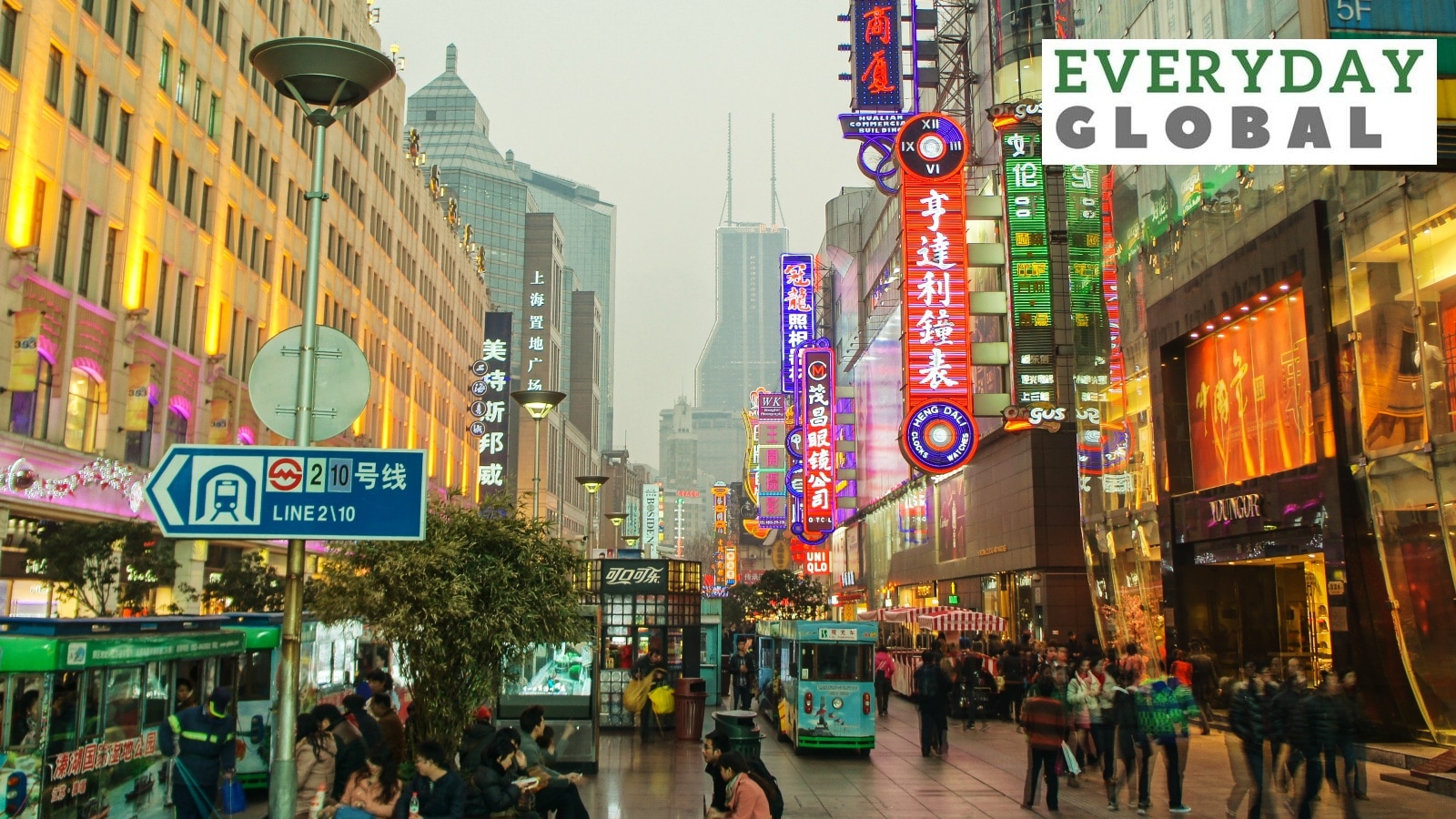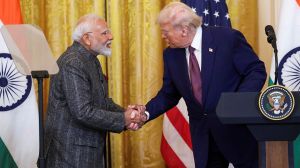Major Chinese retailers began offering shopping deals and sales on the day annually, with a slew of events aimed at marketing and promotions. Globally recognised celebrities, such as James Bond fame actor Daniel Craig and musician Taylor Swift, participated in them.

How did it originate and where does it stand today? We explain.
What is Singles’ Day in China?
The idea for Singles Day is believed to have originated at China’s Nanjing University in 1993 and was originally called “Bachelor’s Day”. On the day, single people — particularly men — treated themselves with gifts and presents and organised social gatherings and parties.
US-based podcaster Yue Xu, who has also written on dating culture in China, told Time Magazine in 2014 that the concept of dating was new to China in the 1990s, with marriage being the predominant way people coupled up. Exposure to Western culture resulted in dating, and singledom in conjunction, becoming popular.
For single people, the day became one to celebrate their single identities, in the face of society at large mostly recognising couples and families on festivals.
How did Singles’ Day become a commercial juggernaut?
In 2009, e-commerce giant Alibaba turned November 11 into a 24-hour mega-shopping festival with attractive deals. According to a Quartz report, it promoted the event by saying, “Even if you don’t have a boyfriend or girlfriend, you can at least shop like crazy.”
Story continues below this ad
“By emphasizing that singles—often shamed over their status—should treat themselves, Alibaba created a kind of party feeling, wrote Zhang Hailan, a folklore researcher with East China Normal University in 2015,” the report added. Its success resulted in other brands joining the bandwagon and bigger events each year, including live televised performances as a marketing strategy.
For example, the 2016 event featured a performance by American pop star Katy Perry, virtual reality shopping, and a live-streamed fashion show in Shanghai that allowed viewers to pre-order items as they appeared on the catwalk.
Today, Singles’ Day has become the world’s biggest 24-hour online sale, with Alibaba and JD (another major Chinese retailer) each achieving sales higher than what Black Friday and Cyber Monday — two major shopping events in the US — together achieve, according to research advisory firm Coresight Research.
In some ways, it has also inspired brands originating in the West. In 2019, Amazon hosted a live concert for its Prime members, featuring the likes of Swift and Dua Lipa, ahead of its flagship Prime Day sale.
Story continues below this ad
Has Singles’ Day fever cooled down of late?
Alibaba and JD.com lodged impressive sales in the early years. Alibaba alone recorded consistently rising sales on the day, from $7 million in 2009 to $25 billion in 2017, according to a Quartz report.
However, the economic uncertainty in recent years, beginning with the US-China trade wars under former President Donald Trump in 2017, has impacted revenues. The Covid-19 pandemic and the subsequent slowdown in China’s economy have also tempered business expectations.
According to an Associated Press report this year, platforms like Alibaba and JD.com have stopped revealing the total value of transactions made during the festival, with yearly growth dwindling to the single digits. It also cited some merchants as saying the “costs of participation no longer pay off, amid high advertising fees and unsatisfactory sales.” Some of the event’s novelty has also worn off with time.
The day has also been criticised for promoting excess consumption and consumerism. It also represents a dilemma the Chinese state has faced at times — encouraging economic activity versus curbing the rise of ideas which go against communist ideology.
Story continues below this ad
Environmental impact, with goods deliveries resulting in fuel emissions and plastic packaging adding to landfills, is also a concern. With China investing significantly in green energy in recent years, state media has attempted to show improvements on this front.
A 2021 Xinhua report said, “This is also the greenest Singles’ Day shopping festival on JD.com, which introduced various measures, including developing recyclable packaging… [it] featured no flashy discounts or star-studded performances… and some consumers opted for more rational shopping.”
(With Reuters inputs)








































